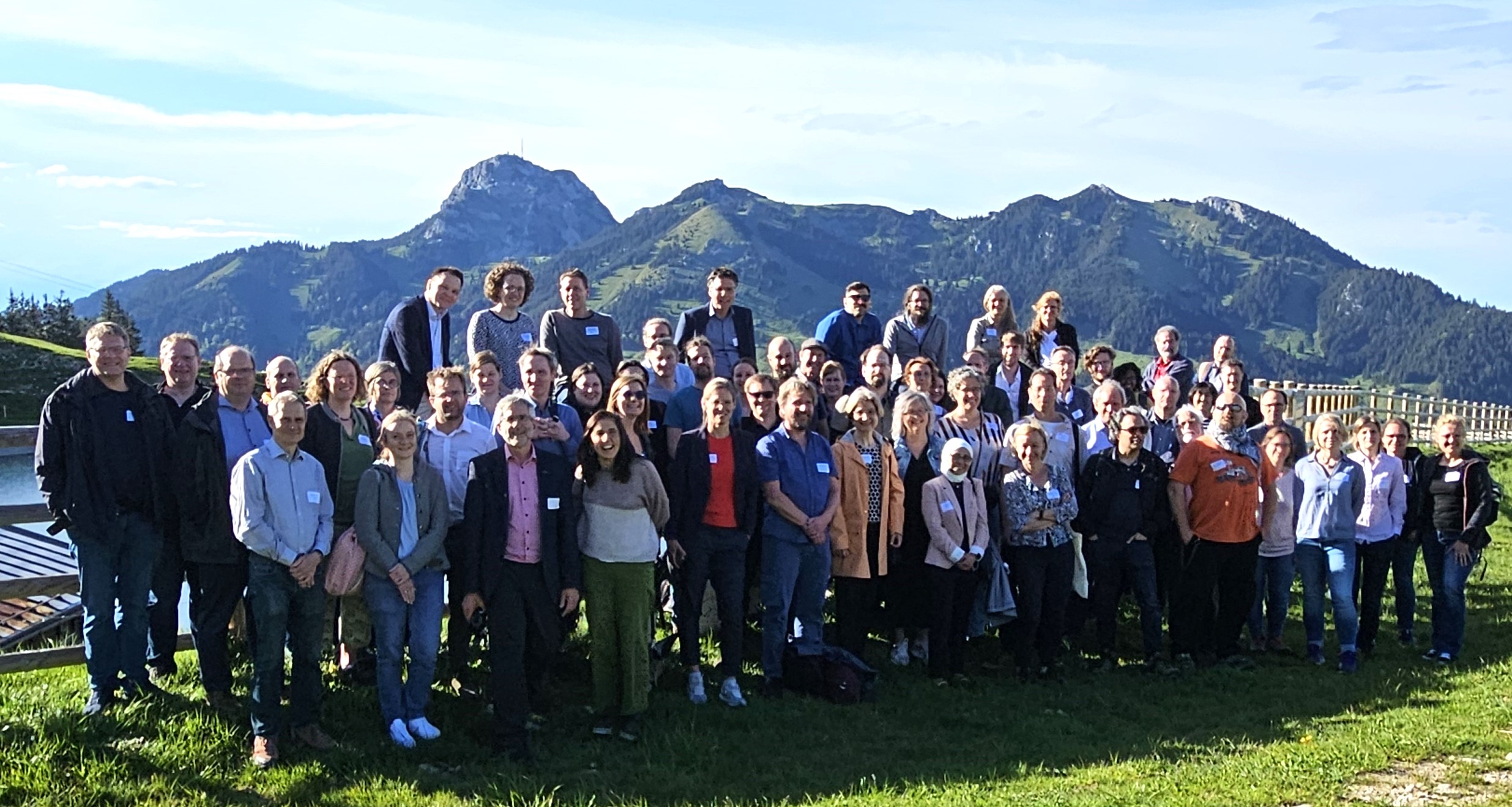Proceedings and videos of keynotes The conference proceedings and recorded keynote videos from the 12th…

Engineering education has recognised the importance of competencies such as ethics, inclusivity, and sustainable design for some time, and is slowly moving to deliver them through curriculum reform. Sometimes driven by enlightened staff, sometimes by student pressure or, perhaps more commonly, through edict from accreditation or regulatory bodies. Regardless of the driver, pressure is growing, but has left many programme leads struggling with the question of how to bring these elements into their curriculum.
One common approach is to find space for a new module. One that draws together all these aspects into one place. This is appealing in many ways as it does not require significant disruption to the rest of the curriculum – although finding room for an additional core module can still be challenging. It can even be seen as a positive to accreditors by presenting a clear element that addresses these issues when they are looking to tick that box on their accreditation checklist.
Another approach is via a project. Recent years have seen a significant increase in the use of project-based learning in engineering curricula across Europe giving many programmes the opportunity to include sustainability or ethics in the context of their project. Again, this approach is appealing as it can be incorporated into existing projects or used as an argument for a new project element. It also aligns well with the concept of social constructivism proposed by Dewey who argues that the learning of complex competencies best occurs in the context of social interactions.
While both approaches undoubtedly add value to the curriculum and to the students’ learning, I argue that neither are sufficient by themselves. Sean Covey popularised the phrase “We become what we repeatedly do” in his influential book Seven Habits of Highly Effective Teens. This view is supported by Norman(1988). in his classic critique of the teaching of problem-solving skills where he observed that experts draw on a catalogue of diverse experiences rather than having a special skill set for problem-solving per se.
I would like to suggest that this points to an argument for the essential professional skills such as ethics, inclusivity and sustainable design to be a constant interwoven thread, present and visible at multiple occasions throughout an engineering student’s programme. In addition, they must be both taught and learned. By this I mean that full coverage should include direct instruction in the topic concern, for example ethical approaches; indirect instruction, for example exploration of how what a student is learning in thermodynamics informs sustainable practice; and context-rich experience, a project where the complex nature of these considerations is exposed and investigated such as the interdisciplinary projects described by (Tilley, 2022). It can also be argued, as my colleagues have eloquently, that these competencies cannot be separated (Roach and Tilley, 2022). Sustainability is almost always an ethical issue – ethical issues frequently expose an element of inclusivity.
Of course, this is easier said than done. The modularisation, to which many of our curricula have succumbed, does not encourage such threads. They must be carefully installed and rigorously maintained. Such an approach can be described as an integrated curriculum (Mitchell et al 2019). However, if our vision is one of the globally responsible engineering graduates that will successfully address the challenge humanity faces in the 21st century, then I believe this is the path we must take.
